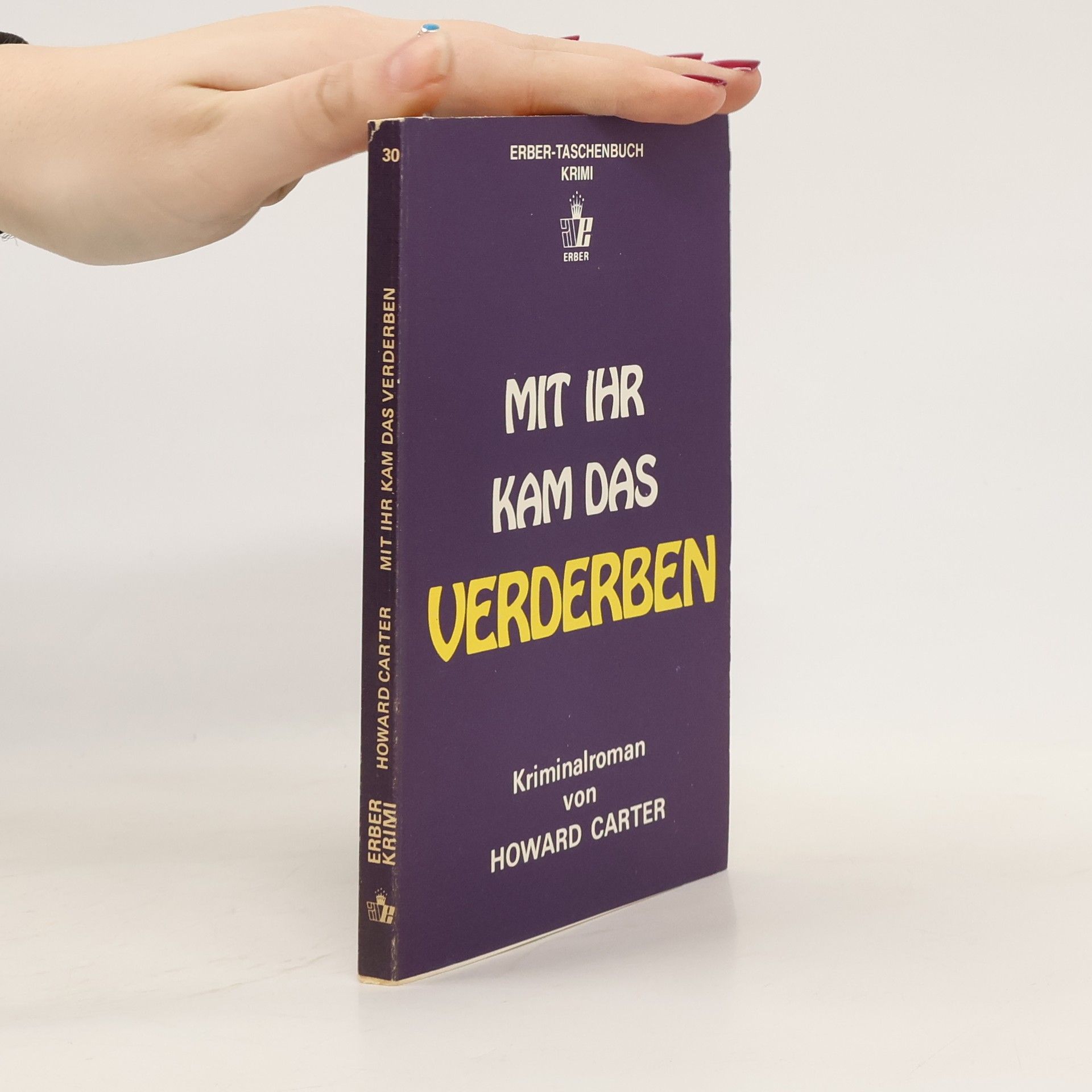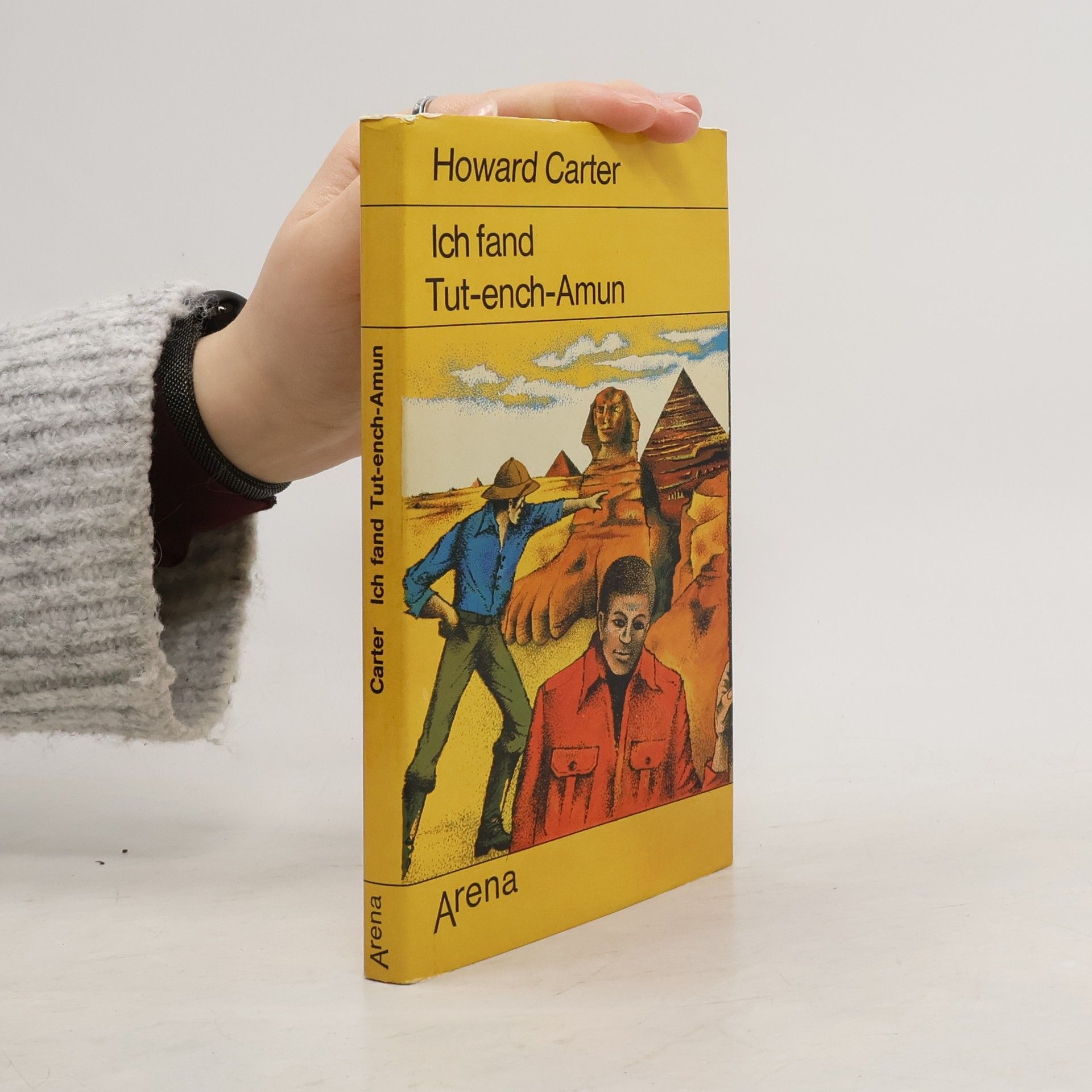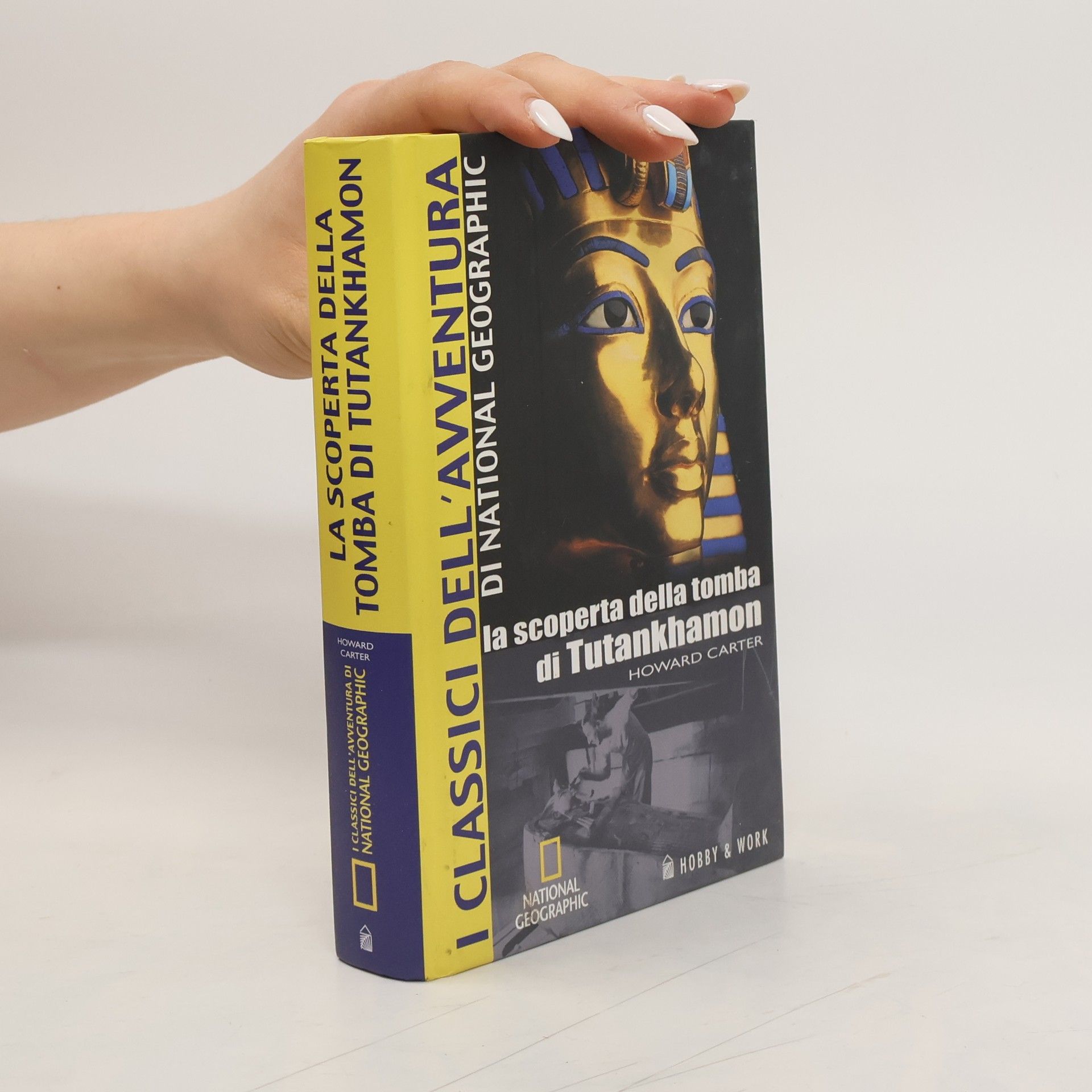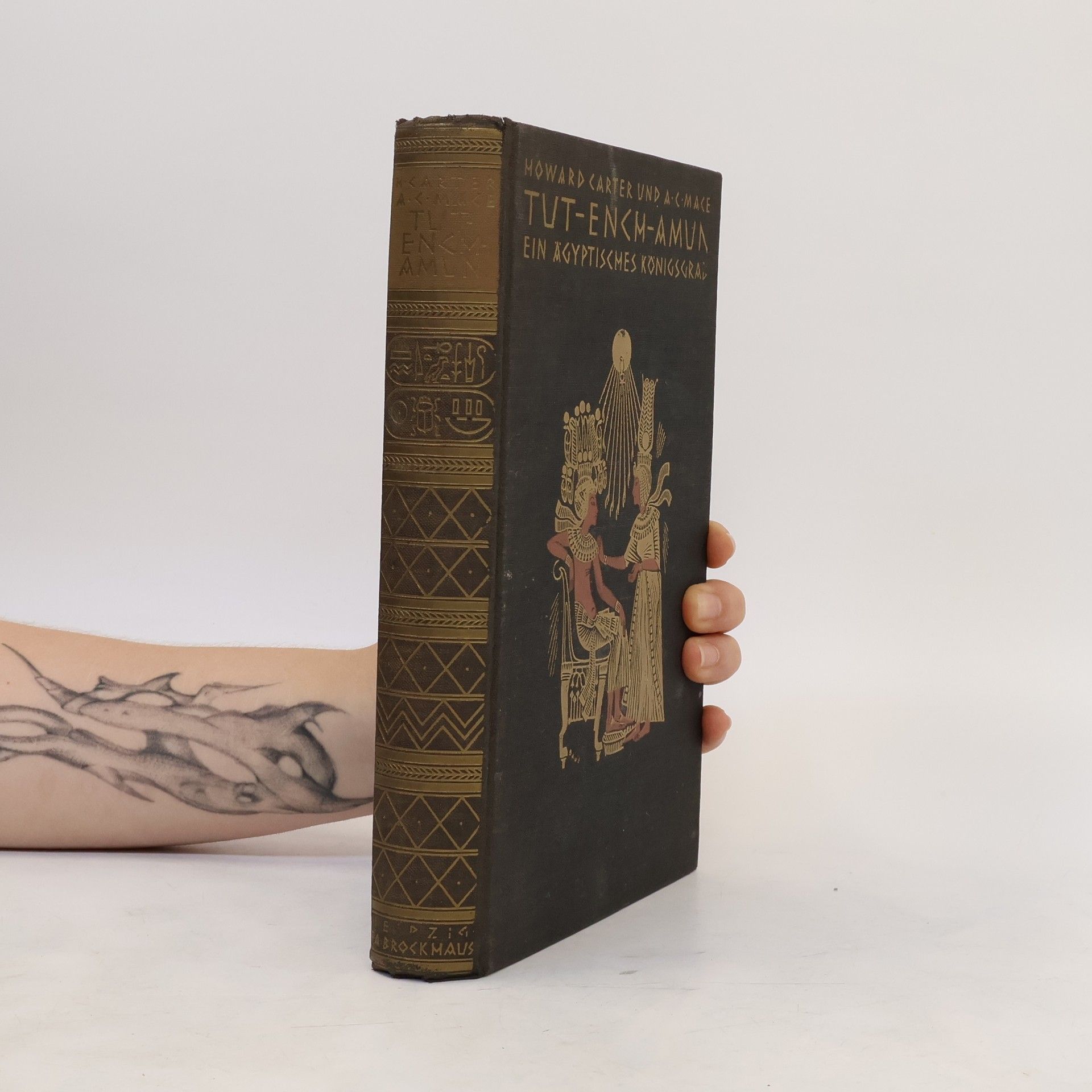Tutenchamun - Band I
- 254 pages
- 9 hours of reading
Nach dem Tod des eigenwilligen Pharaos Echnaton herrschte in Ägypten der Pharao Semenchkare. Mit dessen Tod um das Jahr 1333 v.u.Z. ging der ägyptische Thron an den einzigen, höchstens neun Jahre alten Neffen Echnatons, Tutanchaton, besser bekannt unter seinem späteren Namen Tutanchamun. Das wohl berühmteste Grab in der Geschichte der Archäologie wurde am 4. November 1922 von Howard Carter in der Nähe des Eingangs zum Grab Ramses VI. entdeckt. Vom Fuß einer Treppe führt ein einziger Korridor hinab zum Vorraum, von dem eine kleine Seitenkammer und zur Rechten die etwas tiefer liegende Sarkophagkammer abgehen, die wiederum einen eigenen Nebenraum besitzt, die Schatzkammer. Der erste Band enthält die Geschichte der Entdeckung des Grabes, die Arbeit in der sogenannten Vorkammer sowie die Beschreibungen der gefundenen Schätze und der Arbeitsweise der Archäologen. Zahlreiche Fotos und Skizzen zeigen das Grab, die darin enthaltenen Gegenstände und die Ausgrabungen.








